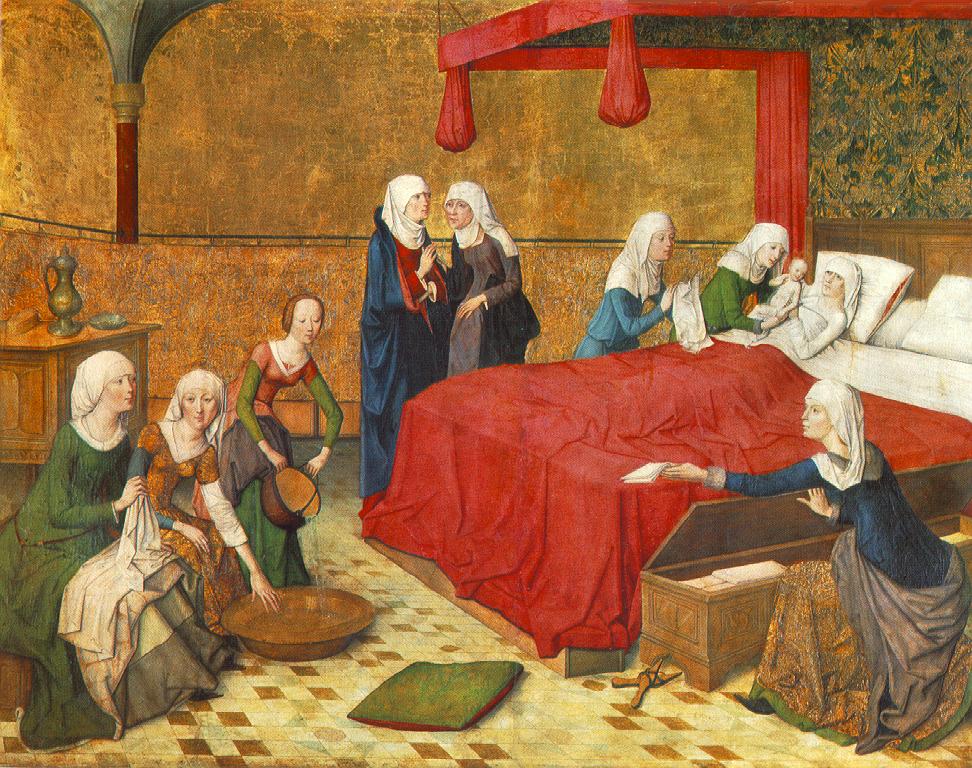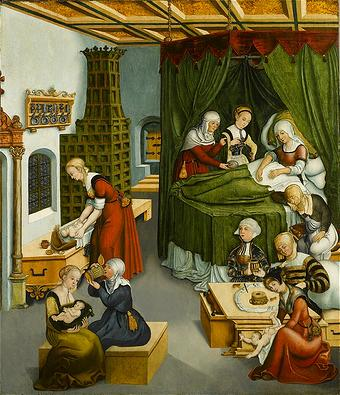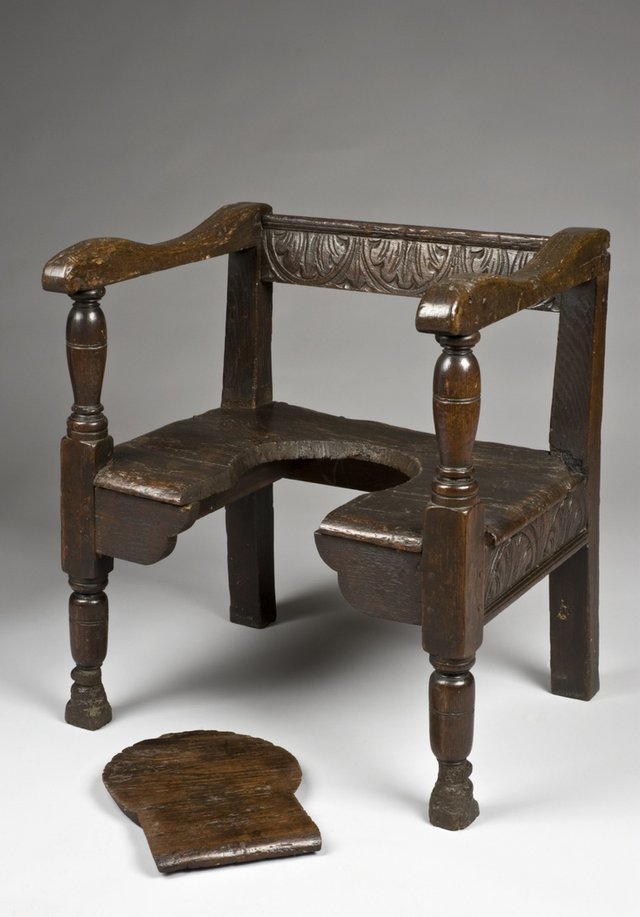[Tudor & Stuart England] Trials and Tribulations of Childbirth
Given how risky it is even today for some women in modern societies, very special care was taken at the time to ensure safe delivery for the child, while maintaining the health of the mother.

From pregnancy to birth, the expectant mother was bound by strict rules and rituals that were believed to aid in the health of the fetus and lower chances of risk to the mother. The event was attended only by women and perhaps the only place men were never permitted to appear in. In addition to this, since women for the most part were illiterate, much of the knowledge was passed down through generations of women by word of mouth. In cases where information was indeed recorded, (like in diaries, medical manuals, and court records) they were mainly written from the male perspective, therefore anything from this period should be taken with a grain of salt. Besides that, it takes some imagination and knowledge of the period beforehand to understand what may have taken place.
Just before a woman is expected to give birth, and after she has experienced the 'quickening', she is placed in confinement within her chamber. The walls and ceiling are covered in tapestries, and thick carpets are laid out on the floor. The idea is to create a dark, warm space similar to the womb in the hopes to ward off evil spirits. Traditional herbal remedies would be administered to maintain the mother's condition, but before the Reformation one could find a woman in labor calling on the Virgin Mary or clutching religious relics for comfort. Further, prayers were used however since men were prohibited from attending, some may have sounded considerably less Christian.

The manner in which childbirth was conducted is difficult to pinpoint since, again, most of what was known was never recorded, and there was no singular method performed by all midwives. Some used midwives' stools, others laid in bed or gave birth standing with support of childbed attendants. It was also customary for the women to remove any worn accessories, believing to provide safe passage for the child, free from any intrusions that may make childbirth even more dangerous.

@namiks payed 2.179 SBD to @minnowbooster to buy a stealth upvote.

transaction-id ade39da36801b47e58b590250d3be4dcd242a036
@stealthgoat